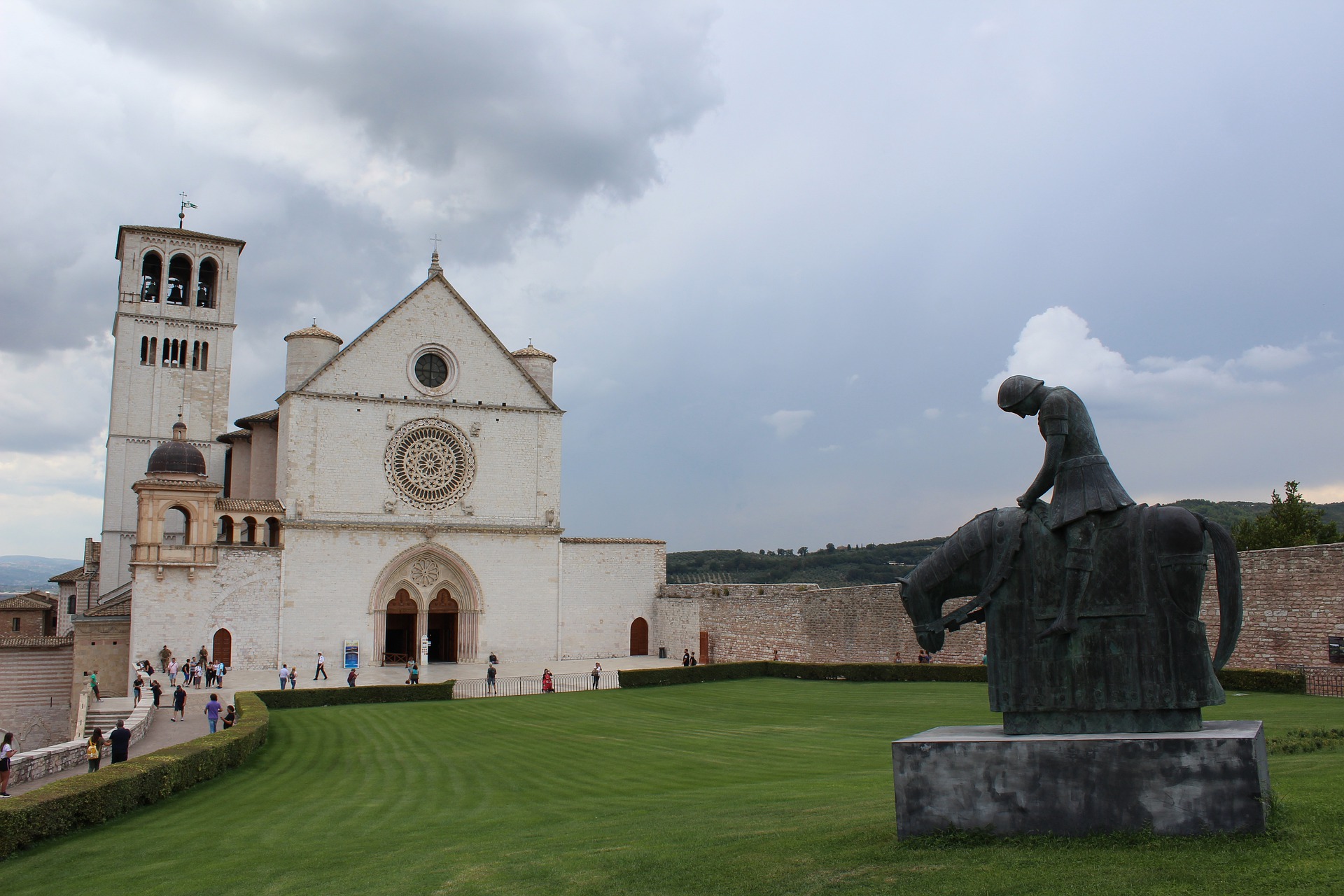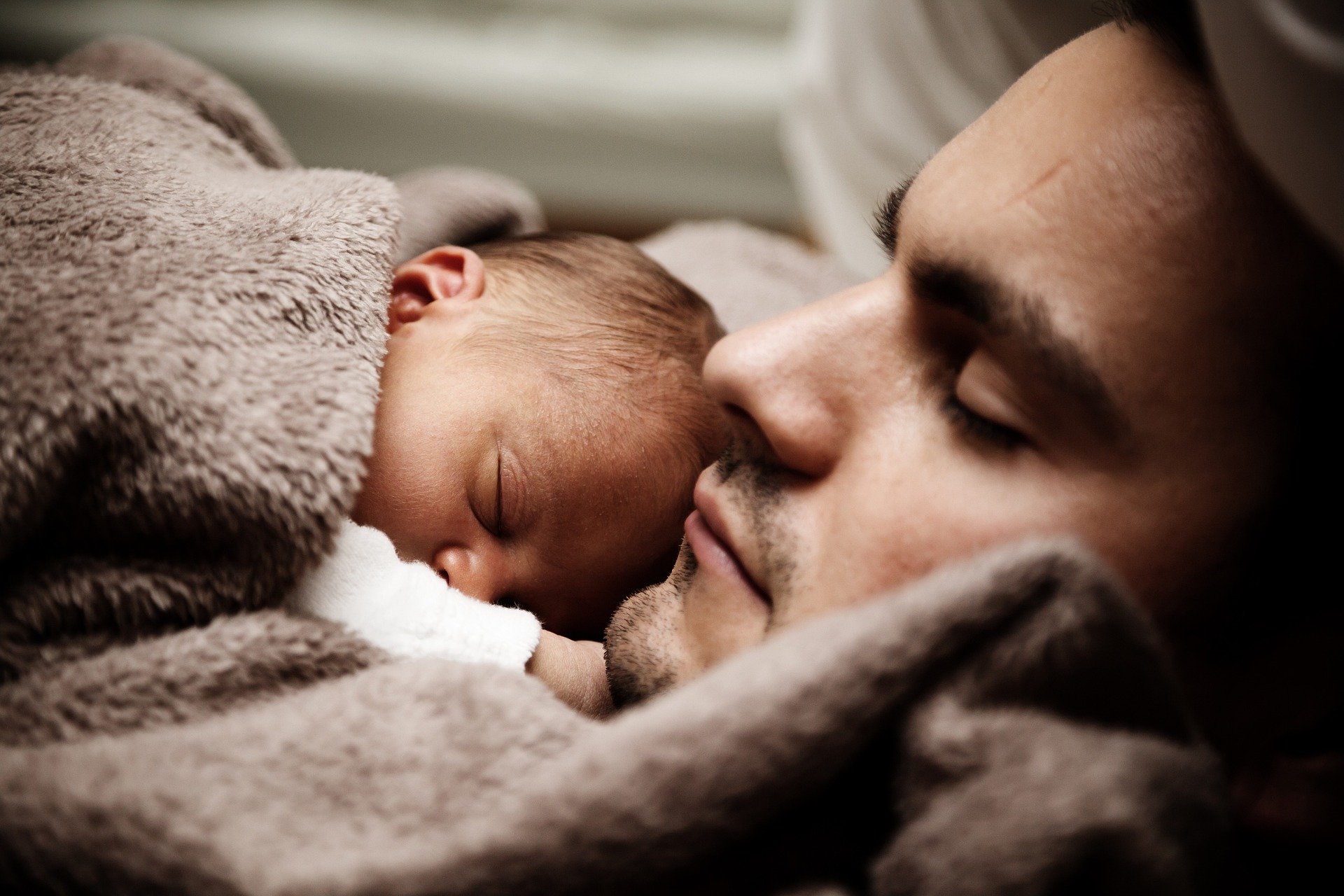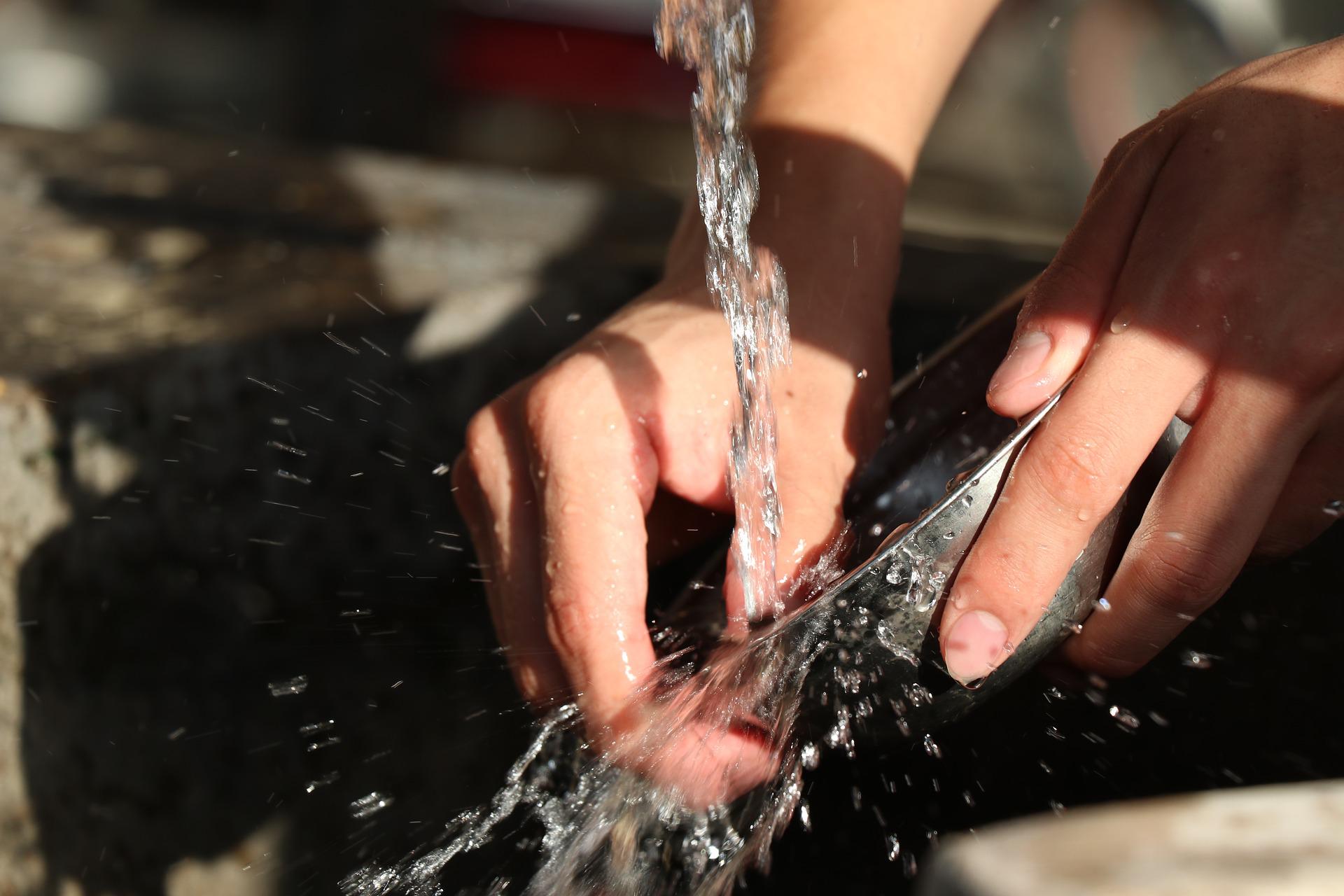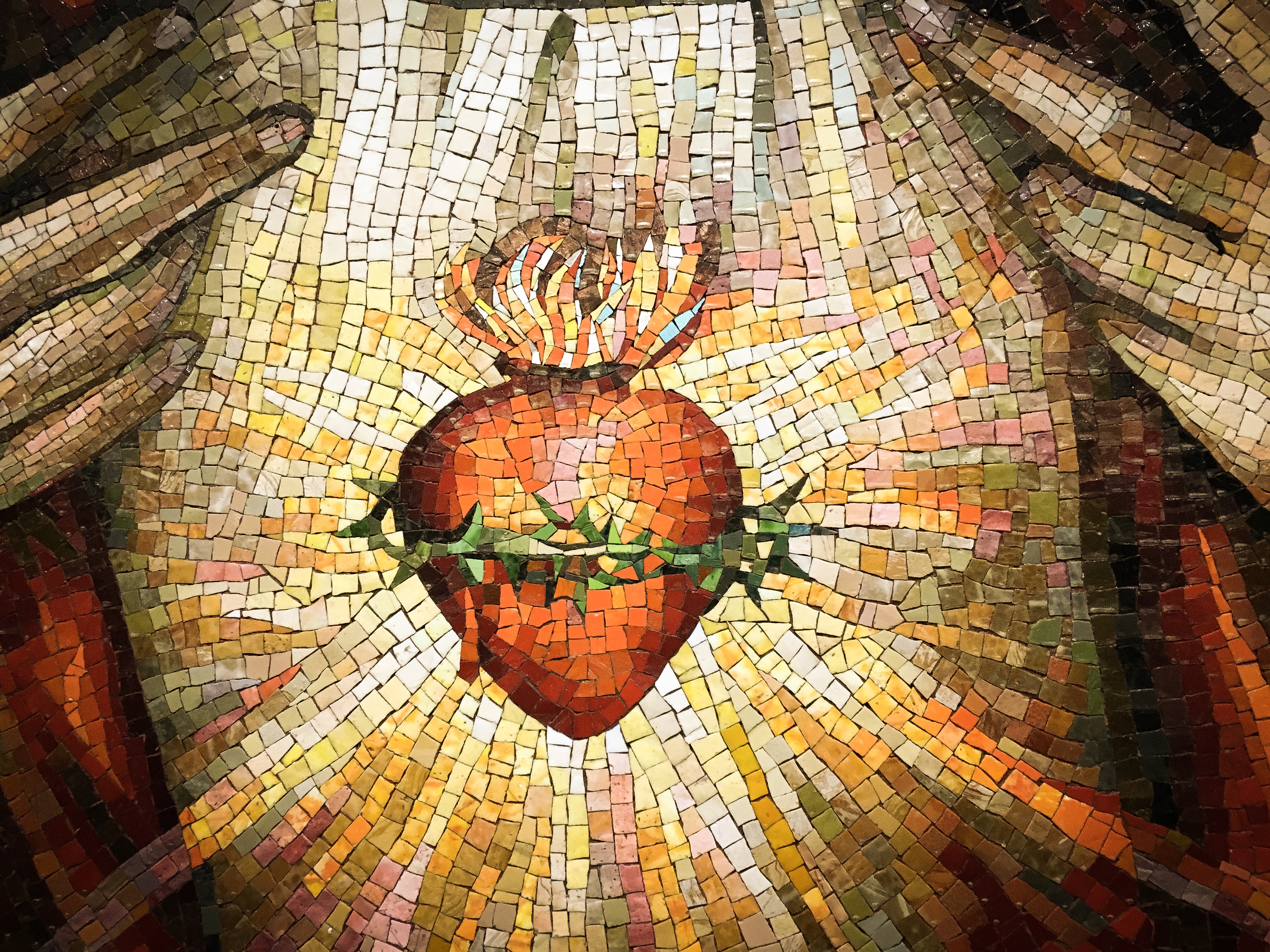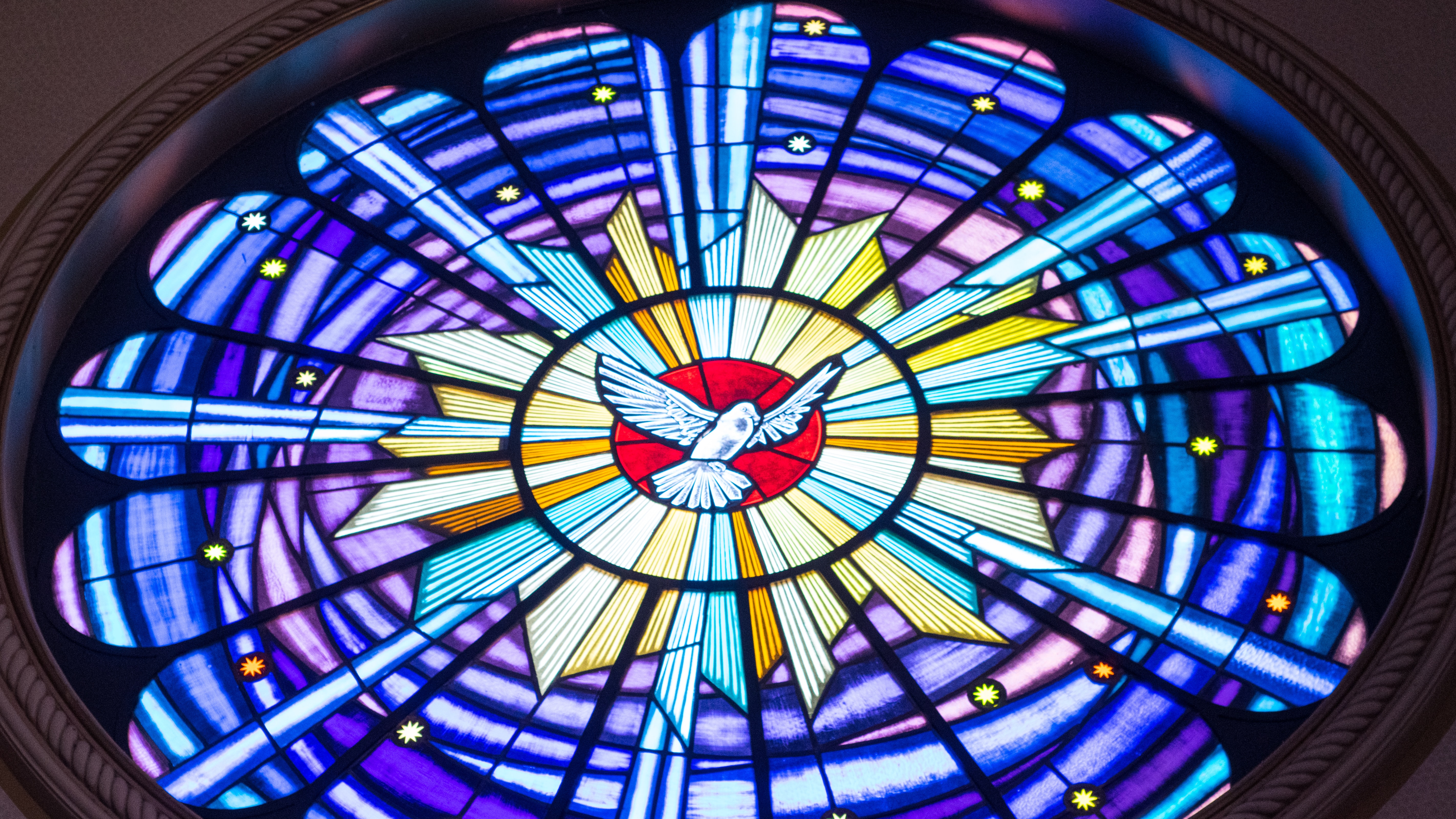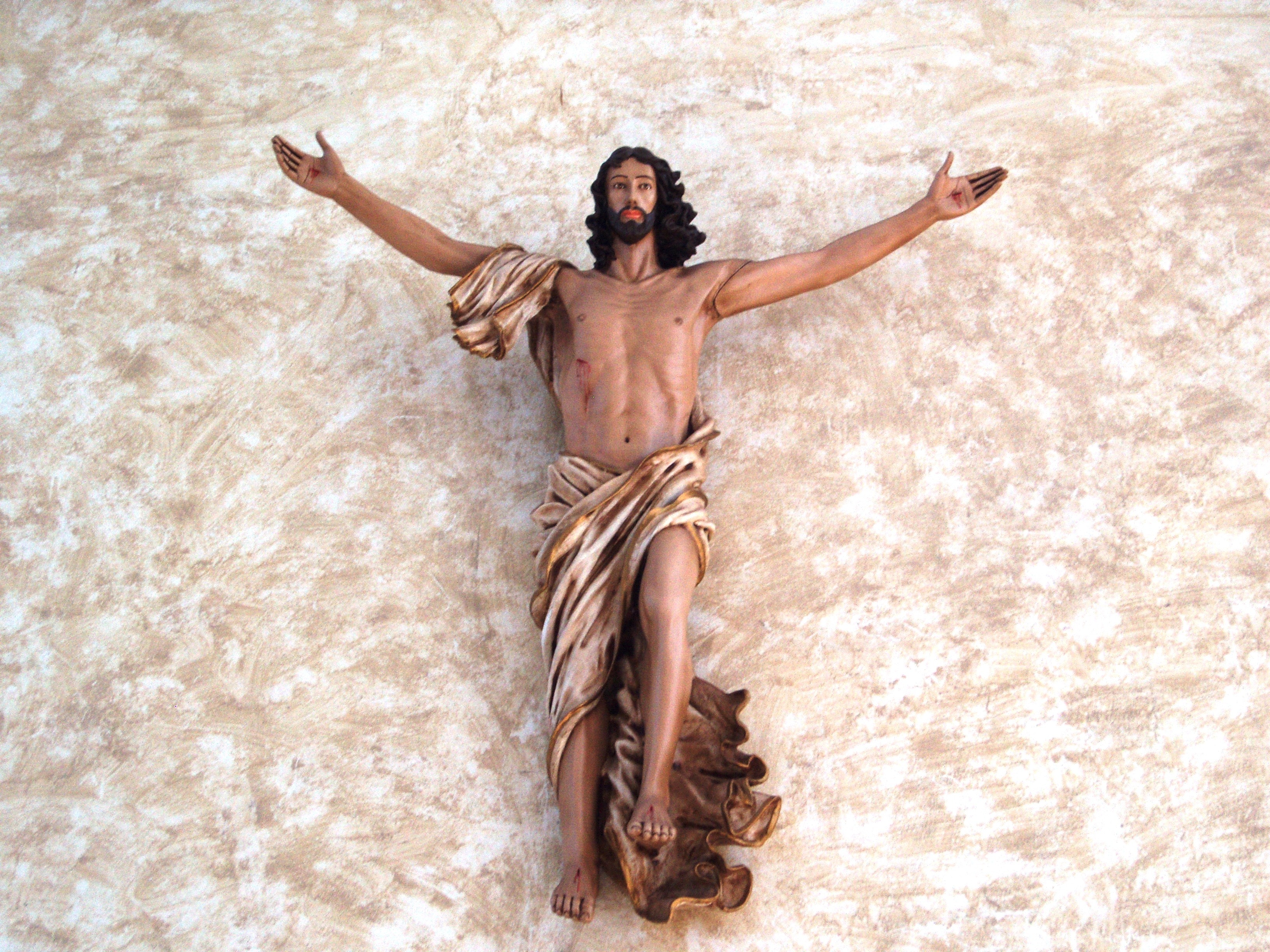The readings today mention three disciples of Christ: St.Paul, Mary and Martha. This is fitting as the Church celebrates St. Francis of Assisi. Each of these very different individuals had to find his or her own unique path to follow Jesus.
In the First Reading St. Paul briefly speaks about his early life as a Jew and his conversion to Christianity. Paul had no intention of becoming a follower of Christ Jesus. He was “a zealot for [his] ancestral traditions.” His conversion to the Way allowed him to proclaim and instruct the Gentiles throughout Arabia, Cilicia, Damascus, and Syria. St. Paul’s writings and witness continue to lead many to Christ.
St. Paul was an educated man. St. Francis was brought up in an educated, wealthy family. He led a carefree life, enjoyed friends, parties and had little to worry about. He wanted to be a knight. Francis was captured on his first campaign as a cavalry soldier, imprisoned, and became ill. He was held captive for a year and read about the lives of the saints.
When Francis returned home he was not the same person. His spirit was troubled. Things he used to enjoy just didn’t make him happy the way they used to. He took time to pray and heard Christ speak to rebuild His Church.
St. Francis did not have an easy life once he chose to follow his Heavenly Father. He made mistakes, faced many challenges and accomplished much in his own ‘little’ journey to learn Jesus’ Way. He made changes in how he dealt with life events. He prayed and fasted while in service to others. Francis went about his life by doing what God gave him to do; to live the Gospel moment by moment, day by day.
In the Gospel, Martha wanted Jesus to direct Mary to assist with the serving. Jesus did not do so, telling her that Mary had chosen the better part. He told Martha she was anxious and worried about many things.
I have been told by my spiritual director, a priest and a deacon and a few others as well, that I too, have been worried and anxious about things I cannot control, or situations that I have chosen for myself. I need to remember to go through my day one moment at a time, without making assumptions or worrying about the outcome of any situation.
Francis prayed this prayer frequently before the Crucifix where he heard God speak during his early discernment and ministry. I find much comfort in it; please pray with me.
“Most high and glorious God, enlighten the darkness of my heart and give me, Lord, a correct faith, a certain hope, a perfect charity, sense and knowledge, so that I may carry out Your holy and true command.” Amen.
Las lecturas de hoy mencionan a tres discípulos de Cristo: San Pablo, María y Marta. Que apropiado ya que la Iglesia celebra hoy a San Francisco de Asís. Cada uno de estos individuos tan diferentes tuvo que encontrar su propio camino único para seguir a Jesús.
En la Primera Lectura, San Pablo habla brevemente sobre su vida de joven como judío y su conversión al cristianismo. Pablo no tenía intención de convertirse en un seguidor de Cristo Jesús. Era “un fanático de [sus] tradiciones ancestrales”. Su conversión al Camino le permitió proclamar e instruir a los gentiles por toda Arabia, Cilicia, Damasco y Siria. Los escritos y el testimonio de San Pablo continúan guiando a muchos a Cristo.
San Pablo era un hombre educado. San Francisco se crió en una familia rica y educada. Llevaba una vida sin preocupaciones, disfrutaba de amigos, fiestas y tenía poco de qué preocuparse. Quería ser caballero. Francisco fue capturado en su primera campaña como soldado de caballería, fue encarcelado y se enfermó. Estuvo cautivo durante un año y leía sobre la vida de los santos.
Cuando Francis volvió a casa no era la misma persona. Su espíritu estaba turbado. Las cosas que antes disfrutaba simplemente no lo hacían feliz como solían hacerlo. Tomó tiempo para orar y escuchó a Cristo pedirle reconstruir Su Iglesia.
San Francisco no tuvo una vida fácil una vez que eligió seguir a su Padre Celestial. Cometió errores, enfrentó muchos desafíos y logró mucho en su propio “pequeño” viaje para aprender el Camino de Jesús. Hizo cambios en la forma en que lidió con los eventos de la vida. Oraba y ayunaba mientras estaba al servicio de los demás. Francisco vivió su vida haciendo lo que Dios le pidió hacer; vivir el Evangelio momento a momento, día tras día.
En el Evangelio, Marta quería que Jesús dirigiera a María a ayudar con el servicio. Jesús no lo hizo, diciéndole que María había escogido la mejor parte. Le dijo a Martha que estaba ansiosa y preocupada por muchas cosas.
Me ha dicho mi director espiritual, un sacerdote y un diácono y algunos otros también, que yo también he estado preocupada y ansiosa por cosas que no puedo controlar, o situaciones que he escogido. Necesito acordarme de pasar mi día un momento a la vez, sin hacer suposiciones ni preocuparme por el resultado de ninguna situación.
Francisco oraba esta oración con frecuencia ante el Crucifijo donde escuchaba a Dios hablarle durante su discernimiento y ministerio. En ella encuentro mucho consuelo; les invito a rezarla conmigo.
“Dios altísimo y glorioso, ilumina las tinieblas de mi corazón y dame, Señor, una fe recta, una esperanza cierta, una caridad perfecta, sentido y conocimiento, para que pueda cumplir Tu santo y verdadero mandato.” Amén.
 Beth Price is part of the customer care team at Diocesan. She is a Secular Franciscan (OFS) and a practicing spiritual director. Beth shares smiles, prayers, laughter, a listening ear and her heart with all of creation. Reach her here bprice@diocesan.com.
Beth Price is part of the customer care team at Diocesan. She is a Secular Franciscan (OFS) and a practicing spiritual director. Beth shares smiles, prayers, laughter, a listening ear and her heart with all of creation. Reach her here bprice@diocesan.com.
Feature Image Credit: pixabay.com/photos/umbria-assisi-basilica-st-francis-3662398/
